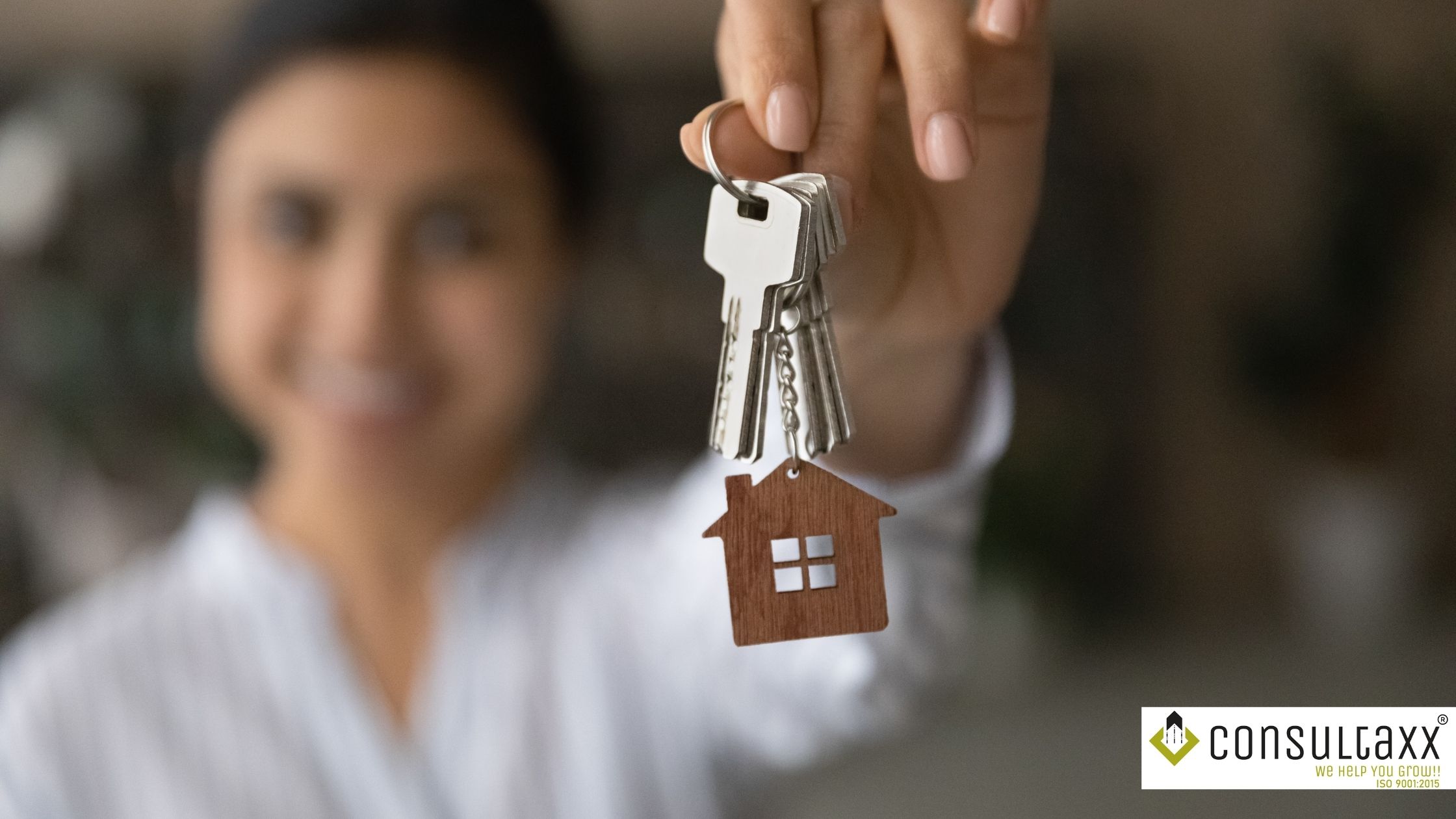Renting out your property may be a home or shop or office building, it can be an extraordinary method to earn additional pay, yet the life of a property manager isn’t generally rosy. This active type of venture expects you to continually be ready or pay another person to be. Regardless of how engaging you are, notwithstanding, there are an opportunity things may not generally run as planned. Luckily, we have created 10 tips to help the first-time property manager or landlord deal with effective or successful renting.
10 tips to rent out your Property
1- Rent should be the Priority
It should be guaranteed. However, numerous landowners are shockingly careless about seeking rent. As a careful landlord, the rent you are taking is your income, and you should keep it in the first spot on your priority list. It may conflict with your temperament. However, some of the time, you must be forceful regarding late charges and unpaid rent. If occupants won’t pay and won’t communicate with you in time, you need to begin removal procedures.
2- Check the financial status of your Tenants Properly
Late payments or installments, or sometimes no rent at all, can ordinarily be avoided to guarantee you appropriately check the financial status of your imminent inhabitants. Once more, it probably won’t appear to be ideal for treating individuals as such; however, this is your investment and income at stake, so you can’t afford to take any risks. Try to check their credit card scores and always ask for evidence or proof of their income.
3- Be aware of your Local Laws
If you decide to deal with your rental yourself, be certain you know the intricate details of the local legislation. Being aware of the laws will keep your privileges as a property owner ensured; however, it is likewise valuable to be modern on the rent holder’s privileges. By getting the entirety of this in the rental agreement, you can be certain you and the one taking your property on rent know where you stand.
4- Be careful with costly Renovations
Suppose your property is in a spot where rental costs are not so high. In that case, there is no reason for going through the most expensive redesigns and rebuilds, as it is impossible that the rent you may acquire will cover the expenses you did on renovations. Instead, understand the market, how much rent you can charge, and create your financial renovation plan.
5- Always remain Organized
Renting your property need to be treated as a business, and accordingly, you should keep updated records of the rent you get, late charges, and receipts. Good record keeping will likewise prevent you from any penalties if the legal body evaluates you. Moreover, by monitoring your comings and goings, you can perceive how productive your property is and have a better thought of improving.
6- Digitalize your methods of taking your rent
The web is an extraordinary method to make rent payments and is far speedier and more secure than waiting for a check, which could sometimes bounce, prompting you to pay additional charges that can affect your finances.
7- Do not make Insurance for your property.
As an investment, your property turns into a business resource and needs to be protected. Therefore, it’s ideal for reaching out to expert rental property insurance suppliers to perceive what they can offer. Search for items that cover staying assurance, segregated private constructions, and responsibility. Besides, consider additional items like coverage of appliances, rental pay, and water harm security.
8- You do not need to go alone.
If you don’t want to or don’t have the time to be a full-time property owner, there are alternate approaches to rent your property. Recruiting a property manager can be helpful to you that will commonly cost around 8 – 10% of your rental payment each month yet will likewise decrease your pressure ten times. They will deal with everything from checking the background of the inhabitants to managing various emergencies.
9- Always Create an Agreement
At the point when you’ve got your first tenant, make certain to get everything down recorded as a hard copy, including house rules, debate strategies, and cycles for how you’ll manage late charges or non-installment. This arrangement needs to be evaluated by a lawful expert, as it secures your privileges as a property owner and the privileges of your tenants, guaranteeing both the parties are satisfied with each other in every aspect.
10- Always keep your property updated for Renters
Tenants are very observant and selective because of the increased availability of various properties, and their expectations are much higher.




